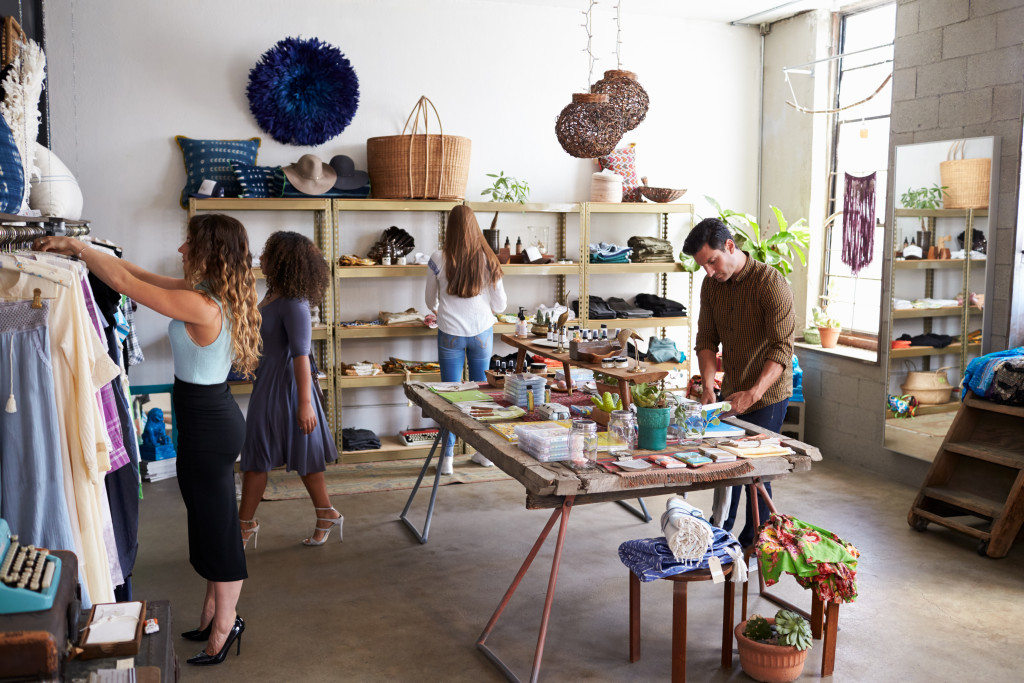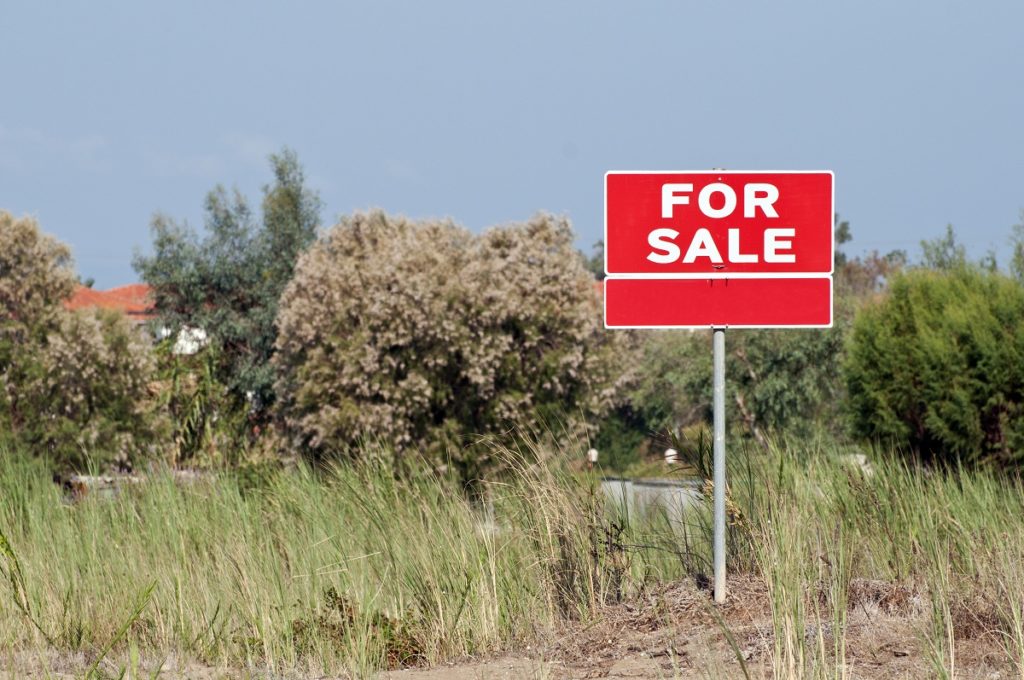The COVID-19 pandemic has hit hard all kinds of businesses around the globe. In the US alone, large companies like J.C. Penney, Nieman Marcus, and even Gold’s Gym had filed for Chapter 11 bankruptcy. These companies are household names and have been in business for decades, and their downfall was a surprise to everyone and even to seasoned business analysts. Yet the onslaught on businesses has not dampened the spirit of other enterprises. Many entrepreneurs and long-time business owners are fighting back. They believe that the call of the times is business resilience since they are not just fighting for their capital and brand; they want to remain open for the sake of their employees and loyal customers.
Below are some of the best strategies and methods that are being used by retailers to keep their business afloat while observing public health protocols:
Improved Building Safety and Sanitation
The first strategy is to evaluate the safety and sanitation levels of commercial establishments. The primary goal is to ensure that the location is not contaminated or prone to viral infections. It will be vital in attracting customers back to the mall or retail establishment after the lockdown ends.
Testing, adjusting, and balancing services, for example, were made a priority by many establishments to help ensure proper air quality inside their premises. Based on advice from engineers and the latest advisories on COVID-19, it was crucial to control the temperature and evaluate airflow inside the building. Some reports indicate that over-crowded areas with poor ventilation are locations where aerosol transmission of the virus could be possible.
Rent Relief
The second strategy is to temporarily stop major cash outflow that drains the rest of operating funds. One such flow is unpaid rent during the months that retailers had to close shop due to quarantine. Several mall-based shops have begun negotiations for rent relief by officially writing to the mall administration. Some larger chains of retail shops have used force majeure as a reason to request for rent relief since government regulations prevent them from opening their stores.
Many retailers have reached a middle ground with landowners since both parties have been severely hit income-wise. It will always be advisable to communicate formally with landlords and seek a mutually beneficial arrangement so that the problem will not needlessly escalate. The current government funds allocated for rent relief are mainly for home renters and not for commercial properties. There are, however, available funds dedicated to assist specific stakeholders such as emergency relief funds for restaurants that are sourced from foundations that work with the said industry.
Sale, Sale, Sale
After reaching the desired safety and sanitation levels at the establishment, the next strategy is to offer big discounts to attract customers back to shopping onsite. The three-month closure hurt the bottom line of retailers, but retail sales already rose by 7.5 percent last June, sparking renewed optimism in the industry. Clothing stores posted a 105.1 percent rise in sales, attributed to customers who ‘missed’ the shopping experience for weeks. It is expected that the mall sale will lure back discount hunters and give retailers a much-needed boost in revenues.
Boost in E-Commerce
Many malls and shops are revisiting their e-commerce strategy, expecting their digital marketing tweaks will lead to higher online sales. With more people choosing to stay indoors to avoid possible viral infection, the industry is working to make their online sites more attractive, accessible, and fun to use. While outdoor malls have registered a slightly higher sales record than indoor shopping establishments, the need to boost online sales is seen as a game-changer. Industry watchers believe that there will be a shift in customer demand and behavior in a post-COVID 19 scenario.
Corporate Social Responsibility

Many mall owners and their tenant-retail shops have also linked arms to go on corporate social responsibility (CSR) campaigns. By pooling resources and talent, they can gather many supplies that will be donated to hard-hit communities. The dramatic increase in unemployment has made charity work such a significant effort in economically disadvantaged communities and industries that were negatively affected by the pandemic. The CSR, it is hoped, will boost brand image and recall in a market that has been distracted by the pandemic and the rise of competition from online sellers, both big and small.
Indeed, some business experts call the situation a “rewriting of the retail business.” New strategies that include online technology, product discounts, new rental agreements, and other ways are being explored to keep malls open and make retailers more resilient in a pandemic-affected economy.



